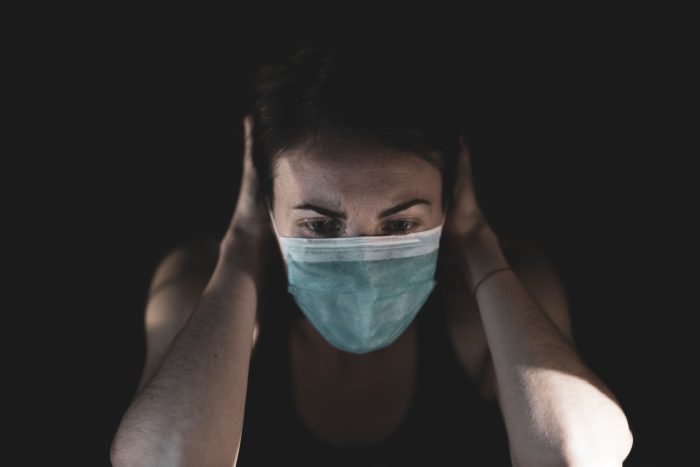What Did The Opioid Epidemic Say To The Covid-19 Pandemic

“Thanks, man, I was starting to lose traction, but you’re a great dis-traction and I’m killing it again!”
It’s not a joke and it certainly isn’t funny. But, unfortunately, it’s a fact. This has been my greatest concern since the pandemic took center stage back in February. As reported recently at Quartz (qz.com) by geopolitical reporter, Annalisa Merrelli, in an article entitled, Covid-19 is undoing a decade of progress on the opioid epidemic, “experts are worried the progress made so far on tackling the opioid crisis may be jeopardized.” https://qz.com/1889798/covid-19-is-making-the-opioid-crisis-much-worse/
The COVID-19 pandemic is without question the perfect storm that is allowing the opioid epidemic to spread freely again and take the lives of so many without even being noticed. The isolation, social distancing, uncertainties, and job losses, combined with decreasing support systems, are all well-known risk factors for increasing drug use. For people who have been in recovery, the pandemic provides the perfect excuse and environment in which to relapse.
Job Loss And Loss Of Insurance Coverage
Social distancing and isolation aren’t the only reasons that contribute to relapse. Consider the number of patients who find themselves suddenly without insurance who lost coverage through loss of work. It takes time to enroll in Medicaid, which results in loss of continuity of treatment, and ultimately increases the risk of relapse and overdose. And of course, the hardest hit areas economically are the rural and poorer communities where opioid abuse is always higher risk.
Opioid Addiction Research Comes To A Halt
In addition, losing ground in this effort is going to have long-term effects since much research has come to a halt because of the pandemic – especially clinical research. With so many COVID-19 patients to take care of hospitals simply don’t have sufficient to continue their work on opioid addiction research. And, where patients were being studied in prisons, doctors no longer have access due to prisons being closed to external visitors.
Fatal Overdoses Hard To Confirm Under COVID-19 Shadow
In the aforementioned Quartz article, it is stated that medical professionals around the country have seen increases in fatal overdoses. Though according to the director of the National Institute on Drug Abuse, “it’s hard to quantify by how much, because not only does the official data lag behind incidents, but its collection relies on autopsies to confirm overdose as the cause of death. With coroners and pathologists overwhelmed by Covid-19, performing such checks has been impossible in many cases, which will likely result inaccurate data for 2020.” https://qz.com/1889798/covid-19-is-making-the-opioid-crisis-much-worse/
One Crisis Overshadowing Another Is No Joke
The daily deaths throughout the U.S. from COVID-19 is just under 1,000 – around 941. The pre-pandemic daily death toll from OUD (opioid use disorder) was 150. Clearly unimpressive from some perspectives. However, from the perspective of someone who has seen the damage inflicted on family members, colleagues and friends due to opioids, who are not included in the damage or death reports, I think that statistic could be much higher.
Losing a child, a husband, a father or wife, a sister, a mother, or a friend to opioid overdose causes irreparable damage and heartache to those left behind. Some of those loved ones feel like they should have or could have done something to prevent the death. In the case of COVID-19, the killer is an invisible virus. No one knows where it is, who is potentially carrying it. In other words, there’s little notion of having a sense of control involved. Short of following safety protocols that include wearing a mask, staying safely socially distanced and washing hands there’s really nothing much one can do.
The thought that one might have been able to prevent a loved one’s death to drug overdose is equally out of anyone’s control except the person who is addicted. Addiction is as unpredictable as COVID-19 and deaths from both are equally tragic.
I find it even more tragic how the appearance of one crisis can so quickly decimate the progress that’s been so hard-won on another crisis. I have faith though that despite all appearances there will be positive outcomes learned from both of these diseases wreaking havoc on our country and the world at large.
